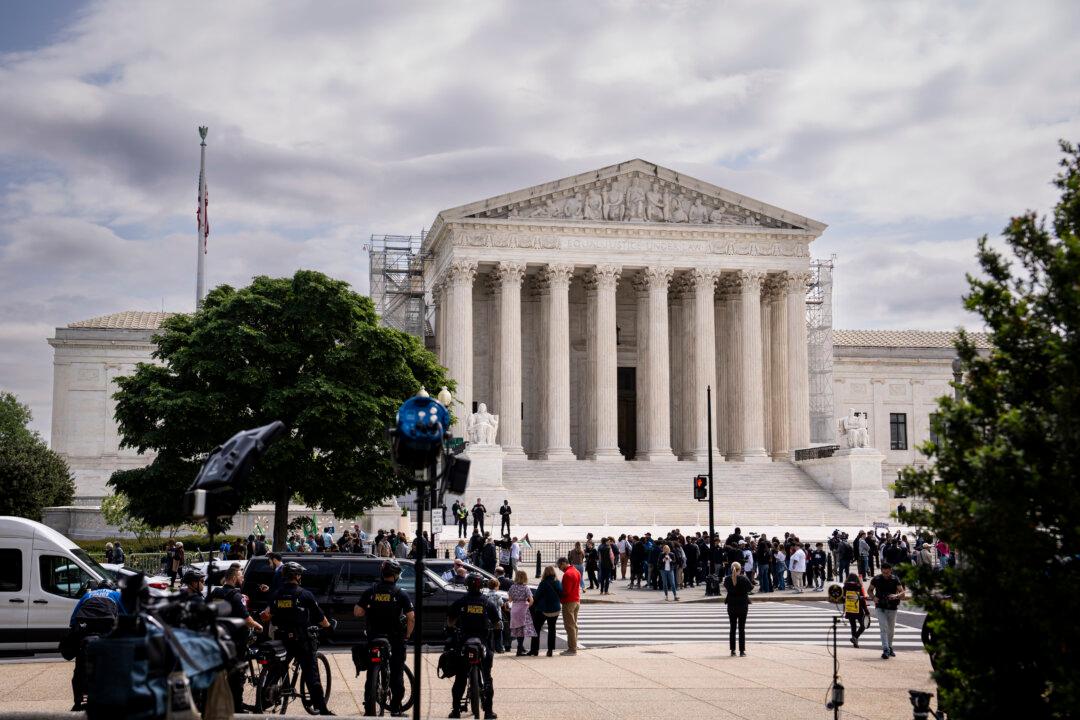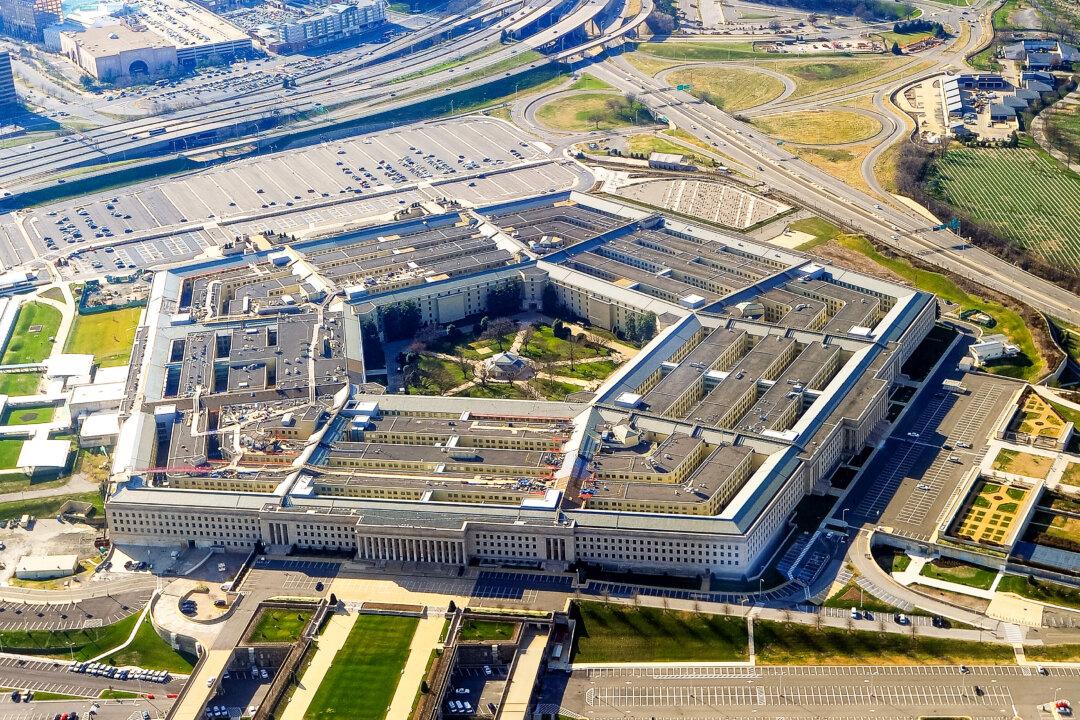A Republican lawmaker wants to hold the Chinese Communist Party’s (CCP) senior leadership “accountable and in check” over the regime’s range of predations domestically and worldwide.
Rep. Kat Cammack (R-Fla.) introduced the Chinese Communist Party Politburo Accountability Act (H.R. 3018) in May. The bill was referred to the House Subcommittee on Immigration and Citizenship in November.
The bill would impose sanctions on members of the CCP’s elite 25-member decision-making body, the politburo.
It would target “the Communist leaders that have knowingly participated in any number of nefarious activities, and have also been front and center on denying their involvement,” Cammack told The Epoch Times.
Threats
Cammack said there are many concerns to be taken into account when trying to “sound the alarm” about the Chinese regime.One major threat, she said, is the Chinese regime’s increasing military activities around the world, which challenges the United States’ military superiority. This past year, Beijing has intensified its campaign of military harassment around Taiwan, and continued its assertive actions in the South China Seas, behavior that has consistently drawn international condemnation.
The BRI has been criticized by U.S. officials for being a form of “debt trap diplomacy,” which saddles developing countries in unsustainable debt burdens. For instance, in 2017, a Chinese state-owned firm took control of Sri Lanka’s southern port of Hambantota on a 99-year lease after the country defaulted on its BRI loan.
For Cammack, the Chinese regime’s global disinformation campaigns are also getting “more shrewd and even more nefarious.”
“Some of the most nefarious actions that the Chinese regime has taken stem directly from the propaganda they produce and disseminate around the world,” Cammack said.
“It has become quite a challenge to determine whether or not information in a 24-hour news cycle is actually good, reliable information.” To the contrary, it could actually be part of “a willful propagation of disinformation” coming from China, she added.
“[The CCP] denies many of these human rights violations,” she said. “Because they have actually helped cover them up, we must move forward in holding them accountable.”
Cammack’s bill lists other aggressions committed by the CCP including its theft of American intellectual property and cyber espionage, and its threats against self-ruled Taiwan.
“The CCP is not our friend; they are not our ally,” said Cammack.




